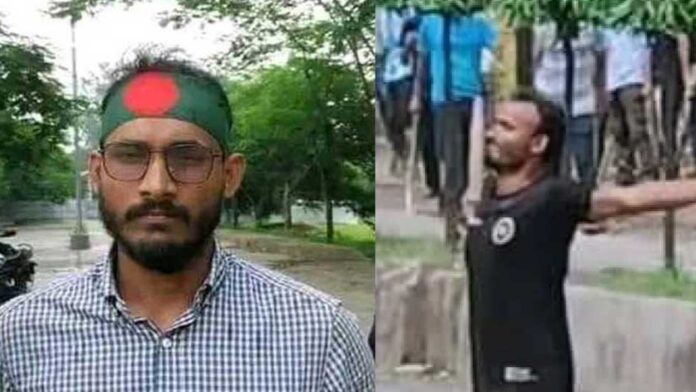In a tragic and violent episode in Bangladesh, the Student League, a pro-government organization, unleashed a brutal attack on protesters involved in the quota movement. The confrontation, which took place yesterday, left over a hundred students injured and resulted in the deaths of two young activists, sparking widespread outrage and calls for justice.
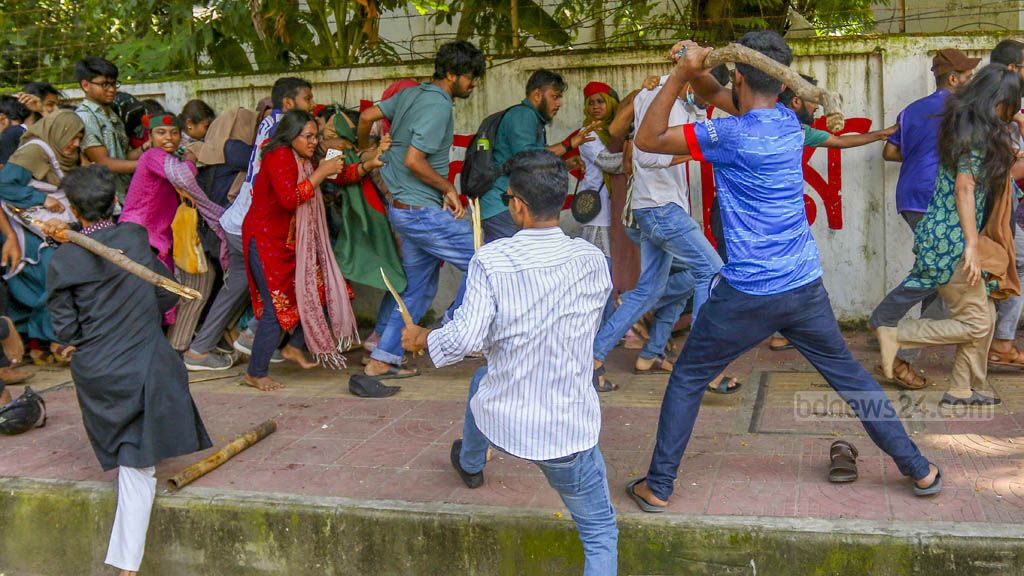
Quota Movement: A Battle for Fairness
The quota movement in Bangladesh has been at the center of intense debate and activism. Protesters, primarily students, have been advocating for a revision of the government’s job reservation system, which they argue is skewed and discriminatory. They seek a more merit-based approach, contending that the current quotas favor certain groups disproportionately, thereby hindering equal opportunity for all.
The Student League, aligned with the ruling party, has consistently opposed these demands, perceiving them as a challenge to the established order. The group’s aggressive stance against the movement has been escalating, culminating in the recent violence that has left the nation in shock.
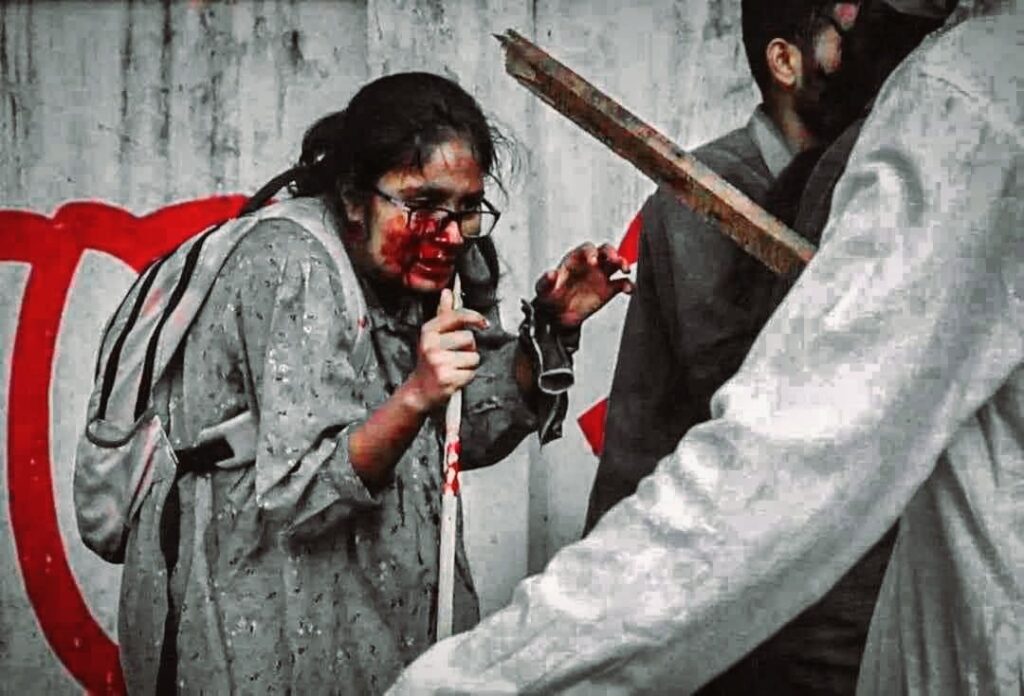
The Violent Incident
The incident unfolded in the capital, Dhaka, where a large group of protesters had gathered to peacefully march and voice their demands. According to witnesses, tensions escalated when members of the Student League arrived, armed with sticks, metal rods, and other weapons. What began as a peaceful demonstration quickly turned into a scene of chaos and violence.
The attackers showed no restraint, indiscriminately beating protesters, many of whom were young students. The brutality of the assault was such that over a hundred individuals were injured, some critically. Amid the chaos, two protesters were fatally injured, their deaths casting a dark shadow over the already fraught situation.
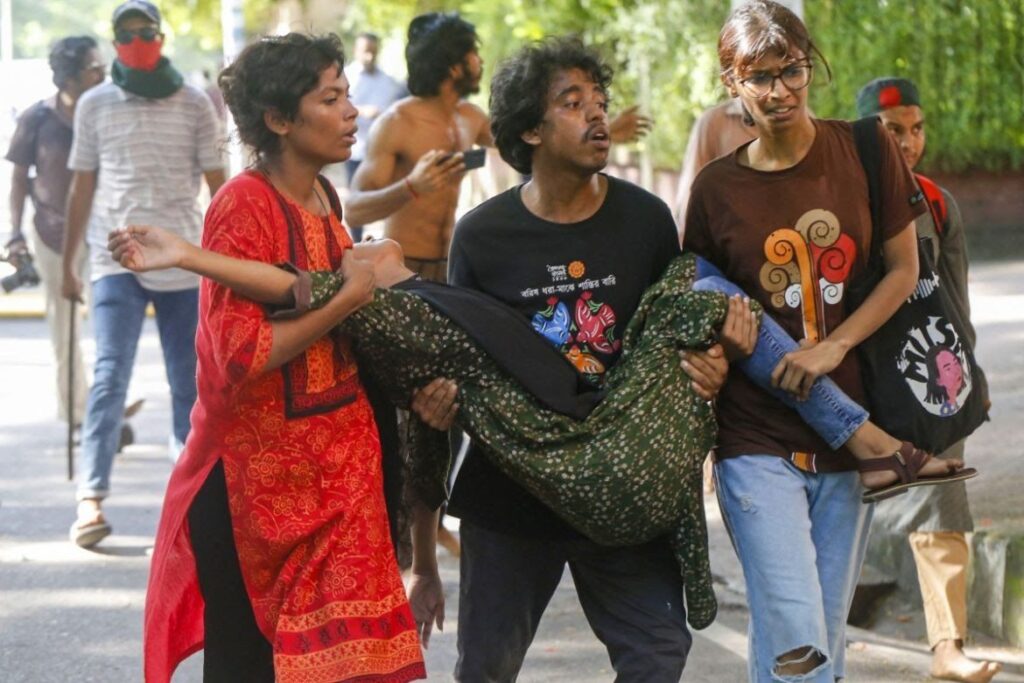
Immediate Reactions
The response to this horrific incident has been one of widespread condemnation. Human rights organizations have called the attack a blatant violation of fundamental rights, urging the government to take immediate action against the perpetrators. “This is a grave injustice. Peaceful protest is a democratic right, and such violent suppression is unacceptable,” stated a spokesperson for a leading human rights group.
Families of the injured and deceased students are devastated, demanding justice and accountability. “My daughter went out to fight for her rights and was met with violence. We demand justice for her and all the victims,” said a grieving father.
Political leaders from various factions have also voiced their outrage. An opposition leader remarked, “This barbaric act must not go unpunished. The government must ensure that those responsible are brought to justice, and that such incidents are not repeated.”
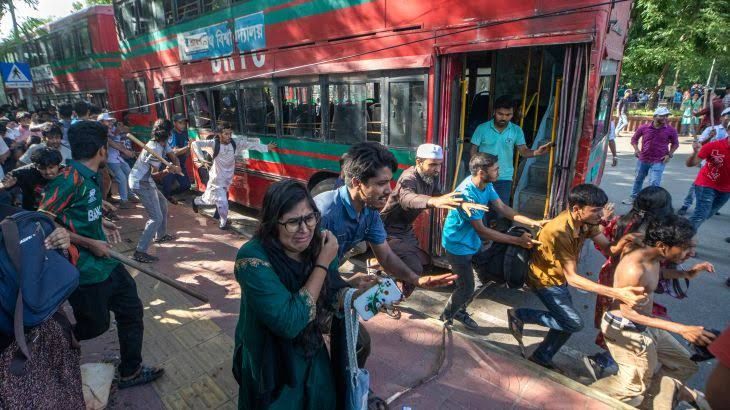
Government Response and Public Outcry
In the wake of the violence, the Bangladeshi government has promised a thorough investigation. Officials have vowed that such acts of brutality will not be tolerated, and that those involved will face the full force of the law. However, there is widespread skepticism among the public, given the Student League’s known affiliation with the ruling party.
Public protests are expected to intensify, with many determined to honor the memory of the fallen by continuing the fight for a fairer quota system. “We cannot be silenced by violence. Our resolve has only strengthened,” said a student leader from the movement.
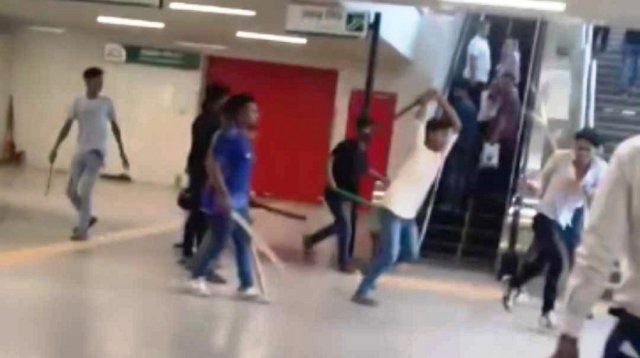
Moving Forward: A Call for Justice and Reform
This tragic event has highlighted the urgent need for dialogue and reform in Bangladesh’s quota system. It has also underscored the importance of protecting the right to peaceful protest. As the nation mourns the loss of two young lives, the call for justice and meaningful change grows louder.
The path ahead is fraught with challenges, but the resilience and determination of Bangladesh’s youth offer hope. It is imperative that the government listens to their voices and works towards a more just and equitable society.

